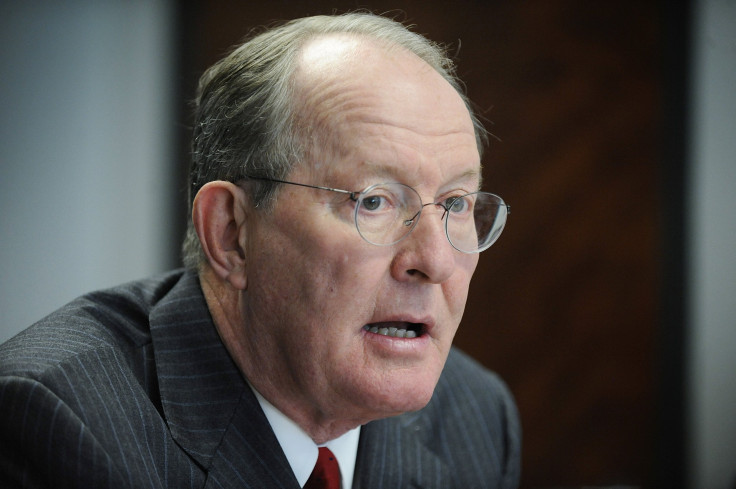No Child Left Behind Rewrite: Senators' 'Every Child Achieves' Act Empowers State Education Systems, Keeps Annual Testing

The government is officially one step closer to fixing the federal No Child Left Behind law. Sen. Lamar Alexander, R-Tenn., and Sen. Patty Murray, D-Wash., announced in a news release Tuesday the pair had reached a bipartisan deal to reauthorize the education law.
The White House called the bill "an important step," giving schools "greater flexibility to invest in what works."
The House Republicans delayed a February vote on their proposed rewrite after they had trouble drumming up support. Many lawmakers said they were worried it didn't do enough to limit the role of the federal government in schools.
The Senate rewrite is "a strong step in the right direction," Murray said in the release. It puts the power to create accountability systems back in the hands of the states and forbids the federal government from setting standards -- or, as was the case with Common Core, incentivizing their adoption. Murray said Every Child Achieves "gives states and districts more flexibility while maintaining strong federal guardrails, and helps make sure all students get the opportunity to learn, no matter where they live, how they learn, or how much money their parents make."
The bill would also eliminate Title I portability, which allows dollars to follow low-income students to the schools of their choice. Some politicians had been concerned the policy could end up taking away funding from the schools that need it most.
But the act keeps annual testing. Students would have to take tests in reading and math every year in grades three through eight as well as once in high school. They'd also be tested on science three times before grade 12. These tests -- though controversial -- provide important information about how kids are performing, according to the bill's summary.
"We believe that any bill should ensure that teachers and parents know how their schools are doing every year, reject harmful proposals that would let states take away funding from schools that need it most, and make sure we remain committed to closing troubling achievement and opportunity gaps in America’s schools and driving progress in those that are the lowest-performing," the White House said in a statement.
The Senate Health, Education, Labor and Pensions Committee will vote on Every Child Achieves on April 14.
© Copyright IBTimes 2024. All rights reserved.






















